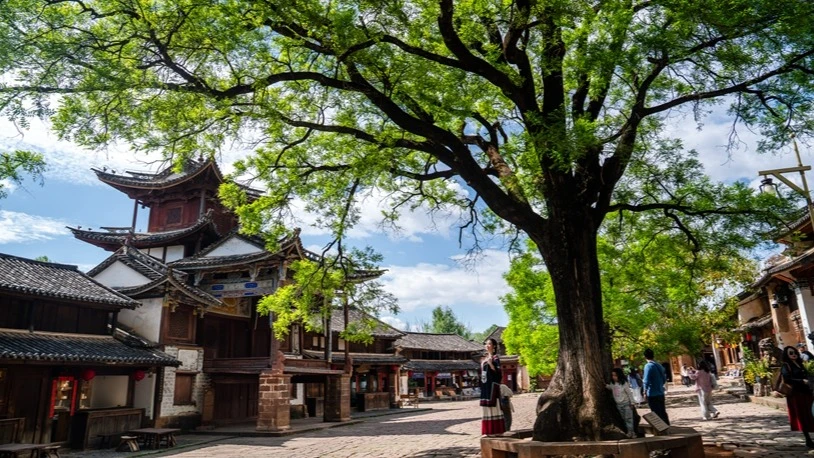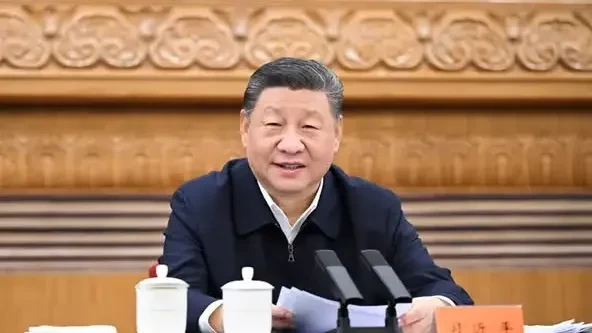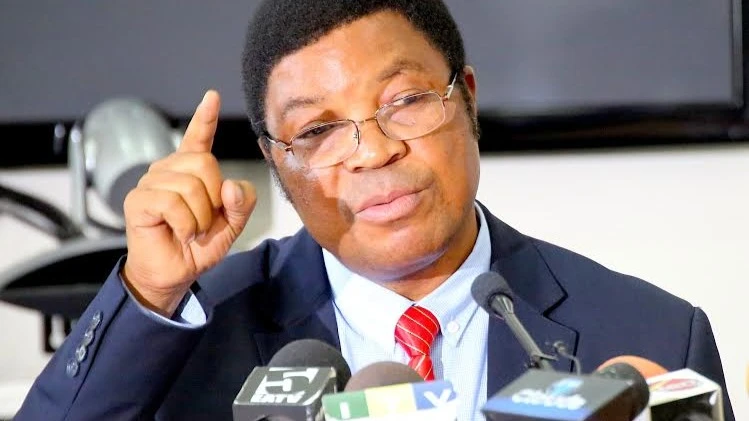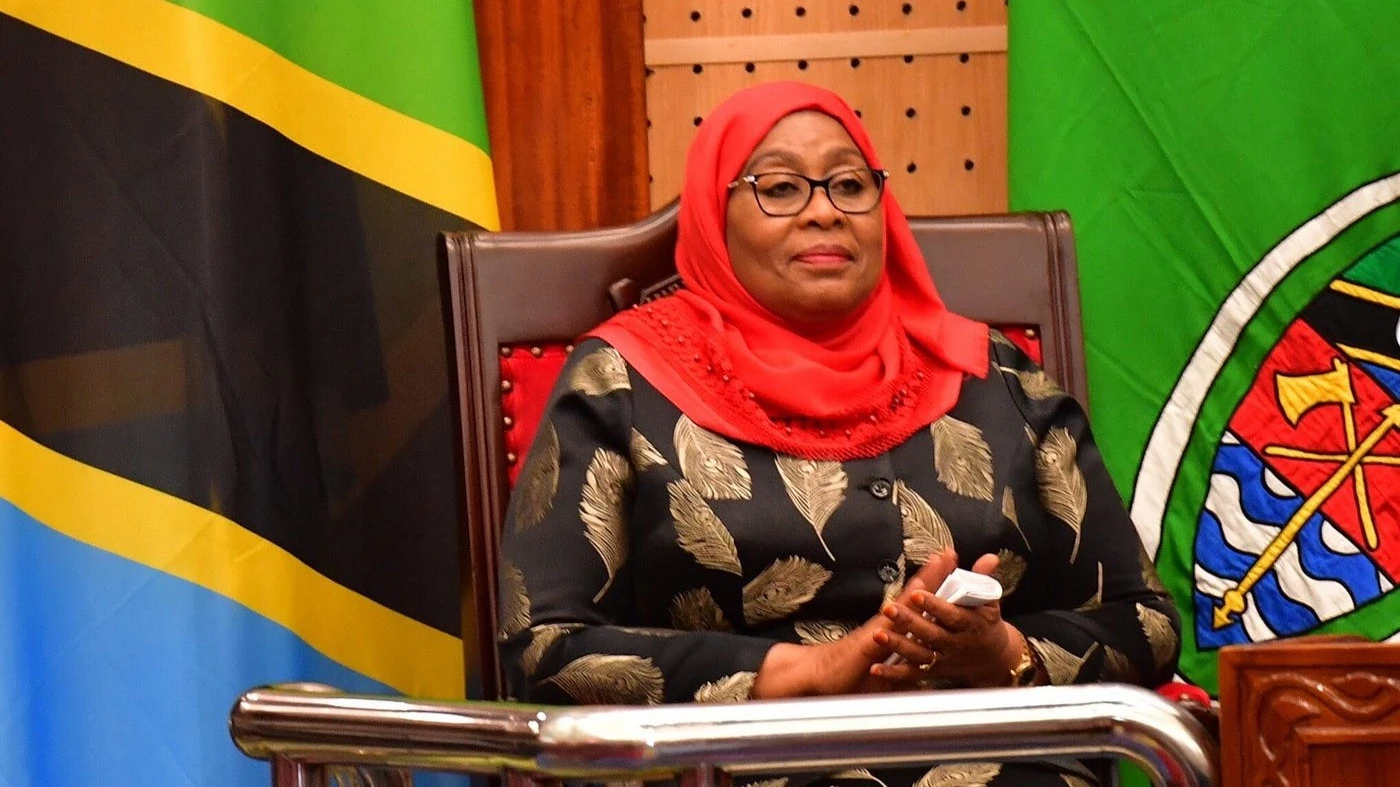Sugar sector confidence higher, stakeholders say
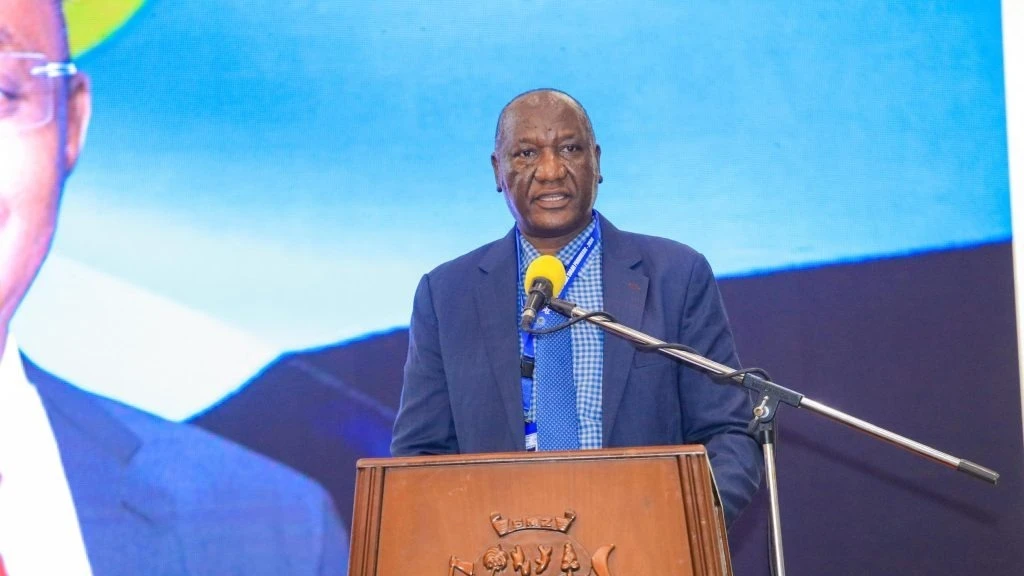
THE government’s collaborative approach with private investors and innovators in the sugar sector has stabilized supply chains, normalized prices and restored consumer confidence, a key stakeholder has asserted.
Prof. Kenneth Bengesi, the Sugar Board of Tanzania (SBT) director general, made this observation at a Sugar Stakeholders Forum organized by the Tanzania Society of Sugar Cane Technologists (TSSCT).
At the forum hosted by the National Sugar Institute in Kilosa, Morogoro Region, he said that the country is on track to end its sugar shortage, driven by new investments and a profitable environment for investors.
He said that the sugar industry has made remarkable progress during the past foyr years even with last year’s El Niño disruptions, noting that Tanzania's ambition extends beyond meeting domestic demand, seeking a surplus for export.
Sugar production has surged from 295,000 tonnes back in 2018 to 460,000 tonnes in 2023 after factory expansion, higher acreage and better conditions for smallholder farmers, he explained.
He also cited government fertilizer subsidies, improved access to bank loans with interest rates now below 10percent and incentives through the Tanzania Investment Centre (TIC) as accelerating growth in the sector.
New factories in Bagamoyo and Mkulazi had stated production, while Lake Agro (Rufiji), Kasulu, Mufindi Paper Mills (Iringa) and Golden Sugar (Kagera) — are expected to move into production within two years, he said.
Expansion projects were embedded in existing plants, with Kilombero Sugar set to double its production capacity with the new K4 plant, It was launched in June after a 730bn/- investment while Kagera Sugar has also ramped up its output to 170,000 and projects 200,000 tonnes annually, he stated.
Mwanaidi Jaffery, the TSSCT secretary, said that the industry is now filling the national supply gap and attracting unprecedented levels of investment. Expanded training programs for farmers and industry technicians at the National Sugar Institute were bearing fruit, he said, while Fihiri Achi, the TSSCT president called for stronger emphasis on innovation and technology transfer to raise productivity, especially among smallholder farmers.
He advocated for the development of affordable, semi-mechanized tools to modernize cane harvesting and reduce reliance on outdated practices like field burning.
"Farming efficiency must begin at the ground level. We need simple, affordable technologies to replace hand hoes and improve harvesting speed," he told the forum.
Dr. Sophia Kashenge, the Agriculture Seed Agency (ASA) chief executive officer (CEO) said the sugar sector remains a critical engine for economic growth, job creation and food security, despite ongoing challenges from climate change and low technology adoption.
Researchers and stakeholders need to intensify collaboration, take up useful research findings and develop cost-effective technologies to make Tanzanian sugar competitive globally, she stated.
She said there is need to upgrade the sugar forum into an international event to foster greater innovation and exchange, as our fertile land and youthful population are keen strengths.
“We must harness these advantages to overcome challenges and lead the sugar industry to global competitiveness," she added.
Top Headlines
© 2025 IPPMEDIA.COM. ALL RIGHTS RESERVED









